Table of Contents
- Anxiety Disorder Definition
- Different Types of Anxiety
- Anxiety Disorder Symptoms in Adults
- Less Common Symptoms of Anxiety
- Possible Causes of Anxiety
- Side Effects of Anxiety
- How to Diagnose and Treat Anxiety
- Relations Between Hormones and Anxiety Disorder
- Steps to Managing Hormones and Relieving Anxiety Naturally
- How We Can Help You
Anxiety can happen at any time – it can be a momentary response to a stressful action or in anticipation of an expected situation. Unfortunately, for many adults with some form of anxiety disorder, it can also be a persistent cause of stress and depression. To properly understand anxiety disorder in adults, it is also imperative to know the different types of anxiety, symptoms, causes, side effects, and even how hormones figure into the scenario. By understanding all of the above, it is then possible to create a treatment plan that will address the issue safely and effectively.
Anxiety disorders are not all the same. Some can be debilitating and overwhelming, making it impossible for some people to leave their homes. The term “anxiety disorder” encompasses many different mental conditions or illnesses. Whereas some people may feel as though they live in a constant state of ongoing anxiety, others may face the occasional anxiety attack (also called panic attacks).
In this review, we look at the psychology and physiology behind anxiety disorder in adults to help reduce these feelings and experiences.
Anxiety Disorder Definition
The way to understand anxiety disorder in adults is to begin by providing the “what is anxiety” definition. Anxiety is a state or feeling of apprehension, fear, unease, nervousness, and worry. Having an anxiety disorder means that a person is dealing with this state in a semi-continuous manner, either through panic attacks or compulsive behavior of some sort.
There are significant differences between anxiety and anxiety attacks:
How To Know You Have Anxiety
Mild anxiety can take the form of getting butterflies in one’s stomach before walking on stage for a performance or to speak before an audience. It is a natural response to stress that can come and pass rather quickly. Many students exhibit mild anxiety before taking a test. Some adults feel that way every time they visit the doctor. That is also why checking one’s blood pressure is often better at a pharmacy rather than a doctor’s office if you get anxious about the visit.
Anxieties can occur over work responsibilities, money, health, family life, and even pandemics like Covid-19. Any stressful situation that does not initiate the “fight or flight” response but requires one’s attention falls into this category.
What Is An Anxiety Attack?
An anxiety attack is a heightened, stressful reaction that can occur suddenly. It is often intense and terrifying.
What are the signs of an anxiety attack?
Someone in the midst of a panic attack may experience confusion, breathing difficulties, uncontrollable shaking, nausea, dizziness, and rapid heartbeat. Anxiety attacks such as these occur rapidly, often peaking within 10 minutes before subsiding. In extreme cases, the attack could last for hours.
What Does An Anxiety Attack Feel Like?
As we look at what happens when you have an anxiety attack, it is clear that it can be a frightening experience – especially for someone who has never had a panic attack before. A life-threatening accident, sudden death, unexpected loss of job, or other such scenarios can trigger an anxiety attack. At times, it may even come on without any apparent cause.
Different Types of Anxiety
When categorizing anxiety disorder in adults, it is possible to fall under more than one type of disorder. The list below covers the clinical anxiety disorders as detailed in The Diagnostic and Statistical Manual of Mental Health Disorders: Fifth Edition (DSM-V):
- Agoraphobia: a fear (and subsequent avoidance) of places, situations, or events where a person may feel trapped and unable to escape.
- Generalized anxiety disorder (GAD): the most common and chronic disorder associated with persistent, long-lasting worry. The anxiety is often disproportionate to the circumstance but can affect someone physically and frequently occurs alongside other anxiety disorders. The individual may not be able to identify the reason or cause for the anxiety.
- Medical-related anxiety disorders: panic or intense anxiety resulting from a medical or health-related condition. It is often necessary to diagnose and establish the presence of the medical condition associated with anxiety symptoms.
- Panic disorder: panic or anxiety attacks are sudden events that reach a rapid peak in response to a terrifying experience or prolonged stress. Panic attacks can also occur for no apparent reason and can be misinterpreted as a life-threatening illness.
- Selective mutism: occurs when children experience a type of anxiety that inhibits their ability to speak in certain situations or places, even when they are comfortable speaking in other areas, such as with family or in the home.
- Separation anxiety disorder: is another form of childhood anxiety characterized by heightened stress when separating from parents or other individuals or places where the child feels secure.
- Social anxiety disorder (social phobia): occurs in situations where concerns over being judged, self-consciousness, public embarrassment, or humiliation are possible. Social settings such as gatherings, stage fright, and rejection in an intimate relationship can trigger these anxieties.
- Specific phobia: occurs when a person has an irrational fear of a particular situation, place, or object. The individual will likely avoid the trigger, which could provoke a panic attack.
- Substance-induced anxiety disorder: these types of panic attacks are due to exposure, intoxication, withdrawal, or abuse of a toxic substance, drug, or medication.
Conditions such as post-traumatic stress disorder (PTSD) and obsessive-compulsive disorder (OCD) are no longer listed as an anxiety disorder in adults. They are addressed as other mental health difficulties.
Anxiety Disorder Symptoms in Adults
Certain symptoms are characteristic of all types of anxiety disorder in adults. Then there are those that are less common or associated more with panic attacks.
Common Signs and Symptoms of Anxiety (Most often seen in GAD)
- Restlessness
- Irritability
- Worry
- Sleep problems
- Muscle tension
- Fatigue
- On edge
- Difficult concentration
- Apprehension
- Dread
- Headaches
- Stomach disorders
- Dry mouth
- Sweaty hands
Less Common Symptoms of Anxiety
Associated with phobias:
- Irrational fear
- Excessive worry
- Avoidance of a situation or object
- Intense anxiety when faced with phobia
Anxiety Attack Symptoms in Adults
- Sweating
- Shaking or trembling
- Accelerated or pounding heartbeat or palpitations
- Shortness of breath or a sense of smothering
- Choking
- Feeling of doom or being out of control
Anxiety disorder in adults, whether in males or in females, can interfere with quality of life, productivity, and relationships in general.
Possible Causes of Anxiety
It is not always possible to pinpoint the cause of anxiety disorder in adults. Other times, a traumatic situation or medical issue can bring about anxiety issues.
The list below highlights many of the possible causes of anxiety disorder in adults:
- Brain Chemistry:
May be caused by misalignments of electrical signals in the brain, traumatic experiences, or unbalanced hormones (more on that later)
- Childhood-Onset:
Negative or stressful events in childhood, as well as certain behavioral traits, can increase the risk of adult anxiety disorders
- Genetics:
Some families exhibit higher-than-average anxiety disorders, if one member of a family has an anxiety disorder, it increases the risk for other family members
- Environment:
Family, school, relationship, financial, or workplace stressors could lead to anxiety issues, as can low oxygen levels associated with being in a high-altitude area
- Medical Causes:
Lengthy illness, symptoms of a disease, pain, physical restrictions, intensive surgery, medications, lifestyle adjustments, and terminal health issues can initiate stress reactions
- Substance Withdrawal:
The effects of substance abuse and withdrawal can also intensify other forms of anxiety
Medical conditions such as asthma, chronic obstructive pulmonary disease (COPD), irritable bowel syndrome, diabetes, heart disease, and even certain rare tumors can lead to anxiety disorder in adults. If no other environmental, childhood, traumatic, or family-related cause is present, it may be time to check for underlying medical or hormonal causes of anxiety.
Side Effects of Anxiety
Having an anxiety disorder in adults can lead to other complications. Aside from the greater incidence of social isolation – especially when specific phobias are involved – here are some of the effects of anxiety on the body:
- Chest pain
- High blood pressure
- Nausea
- Diarrhea
- Dizziness
- Hives
- Shortness of breath
- Depression
- Stomach pain
- Fatigue
- Heart problems
These side effects of anxiety disorder in adults can become quite problematic. High blood pressure can lead to chest pain and heart problems. In extreme cases of stress, a person could increase his or her risk of having a heart attack. Nausea, diarrhea, and stomach pain are internalized symptoms that can increase the risk of developing a condition such as irritable bowel syndrome. In extreme cases, severe anxiety disorder can lead to suicide.
How to Diagnose and Treat Anxiety
Unlike many other conditions that have a simple blood test for assessment, diagnosis of anxiety disorder in adults is an often lengthy process. Doctors will require a medical examination to check for underlying health issues, personal and family history information, mental health evaluations, and, often, completion of a psychological questionnaire. Blood and urine analysis help rule out medical issues.
When diagnosing anxiety disorder in adults, the doctor will look for signs of excessive worry over the past six months, including having at least three of the identifiable anxiety symptoms on more than half the days during that time. Symptoms that interfere with daily activities such as going to work or school are noted.
Treatment of anxiety disorders is dependent on the type of condition as well as the cause. For example, if the anxiety is medically-induced due to an underlying health issue, then dealing with that problem may remove the stressful situation.
Other ways of treating certain types of anxiety disorders include:
- Antidepressants: may be beneficial for people who require long-term anxiety medications, although they take longer to work and may need trial and error to find the right one
- Anticonvulsants: epilepsy medications may help improve the effects of other medications
- Anxiolytics or Anti-Anxiety Drugs: the most common, first-line form of treatment which works fast, but can cause a tolerance buildup requiring higher doses (may also cause dependence, so short time of treatment is best)
- Beta-Blockers: medications that help reduce blood pressure can improve the physical symptoms of anxiety
- Cognitive behavioral therapy: learning coping techniques
- Natural Remedies: getting proper sleep, reducing caffeine, energy drink, and alcohol intake, and smoking cessation may help
- Nutrition: foods such as dark chocolate, yogurt, chamomile, fruit, vegetables, salmon, turmeric, and green tea may help reduce anxiety
- Psychotherapy: talking with a therapist
- Stress Management Techniques: learning how to calm oneself, exercise, yoga, and other forms of relaxation can help in some cases
- Support Groups: sharing and learning from others can help
Relations Between Hormones and Anxiety Disorder
We now want to turn our discussion to an underlying cause of anxiety disorder in adults – hormonal imbalance.
Hormones play a significant role in emotional well-being as they can influence critical neurotransmitters, resulting in anxiety increase. We find hormonal imbalances impacting cases of social anxiety quite frequently.
Some adults suffering from anxiety disorders have higher plasma catecholamine levels than those who do not have these stress factors. There has been a significant amount of research done on this subject, although not all reports carry the same conclusions. One thing we know is that stress and anxiety, like hormonal imbalance, is subjective. What affects one person one way may influence someone else in another.
In some studies, there have been higher and lower metabolic activities in specific brain regions in people with anxiety disorders. Cellular structural abnormalities may also play a factor in some individuals. Alterations in the hypothalamic-pituitary-axis influence hormone production, which can produce anxiety-like states.
Potential endocrinological conditions that may be associated with anxiety include:
- Adrenal dysfunction
- Hypo or hyperthyroidism
- Hypo or hyperglycemia
- Cushing’s disease
- Hyperparathyroidism
- Pheochromocytoma
- Carcinoid syndrome
- Hyperinsulinemia
- Pancreatic tumors
The exogenous administration of certain hormones, such as birth control pills, estrogen, steroids, insulin, thyroid medications, and progesterone, could also increase anxiety risk. There are also differences between the genders as to their neurobiology, social, and environmental factors and how hormones and their coping differences influence how they deal with stress. We examine how an increase or decrease in specific hormones can lead to anxiety disorder in adults below:
Stress hormones
Adrenaline and cortisol, the two most common stress hormones, are critical when faced in a situation that requires the fight-or-flight ability. The adrenal glands release stress hormones to help the body prepare, act, and cope with an immediate threat.
Having too much of these hormones in the bloodstream when there is no threat can lead to feelings of anxiety and stress. A panic attack can ensue at this time, causing a new flood of stress hormones into the bloodstream, furthering the problem.
Cortisol levels are balanced by testosterone and growth hormone. When cortisol is high, testosterone and GH both decline, partly due to the decreased sleep that often accompanies high-stress levels. Sleep is when the body produces the majority of the testosterone and growth hormone necessary to support critical functions. By increasing low testosterone and GH levels, cortisol (and subsequently anxiety) can decrease.
Sex hormones
Women naturally see more of a variance in their sex hormones from puberty onward due to the monthly menstrual cycle. The changing progesterone, testosterone, and estrogen levels may be one of the reasons why females are more likely to suffer from anxiety disorders than males. That is also why pregnancy, postpartum, and menopausal changes increase the risk of anxiety symptoms.
Men tend to experience a decrease in testosterone as they age, often in conjunction with a higher than normal estrogen to testosterone ratio, which is why anxiety disorders occur more frequently as men age.
Sex hormones, particularly estradiol (estrogen), support neural plasticity – how neurons can change in form and function when responding to environmental alterations, especially when exposed to significant traumatic or stressful events. Changes or imbalance in sex hormone levels can alter the formation of the memories associated with these events, increasing the risk of future anxiety reactions when confronted with what the brain believes to be a similar experience.
Research has shown that females who undergo a traumatic injury when they are in their high hormonal menstrual cycle experience increased negative flashbacks than those who went through a similar experience in a low hormonal part of their cycle.
Thyroid hormones
When the thyroid is overactive, social anxiety symptoms tend to worsen, especially sweating, palpitations and heart rate, and shakiness. Both high and low thyroid hormone levels can increase the risk of anxiety disorder. One of the first signs of hypothyroidism is often some form of psychiatric presentation. Hyperthyroidism is another condition that often leads to reports of anxiety symptoms.
Growth hormone
Another critical chemical that can impact anxiety disorders in adults is growth hormone. Extensive research backs up the psychological changes associated with a decline in growth hormone levels. Patients with growth hormone deficiency often report increased anxiety, stress, depression, and mood swings. They have reduced social interaction and decreased quality of life.
Steps to Managing Hormones and Relieving Anxiety Naturally
Hormonal balance is crucial – not only for relieving stress and anxiety but also for maintaining robust health and emotional well-being. If there is a possibility that hormonal imbalance is partly to blame for an anxiety disorder in adults, then a hormone specialist should run a comprehensive blood panel to determine if that is the case. Blood analysis and physical examination are pivotal parts of the process for hormone imbalance and anxiety diagnosis.
Bioidentical hormone replacement therapy (HRT) can provide a natural and safe balance to the body. HRT is a medically supervised treatment protocol that can reduce anxiety and return the body to a state of homeostasis.
Exercise, a healthy diet, plenty of sleep, and stress reduction can help improve growth hormone and testosterone production naturally.
How We Can Help You
Here at our hormone clinic, we address not only hormonal imbalance and its physical manifestations on the body, but also how it impacts cognitive and emotional functions, as well as anxiety disorder in adults. Through the running of comprehensive blood panels, we can determine if any type of hormonal imbalance is present. By comparing it to the findings of a medical history and symptoms review, along with the physical examination and consultation results, we can determine if HRT will benefit the individual.
Here are some of the ways hormone replacement therapy can help:
Increasing low testosterone levels can help reduce feelings of anxiety. Not only is balancing testosterone crucial for men, but it is especially important for women of menopausal age whose already low testosterone levels decline even further. Remember, increasing testosterone will help to reduce cortisol levels in the bloodstream.
Restoring growth hormone balance also helps promote testosterone production while decreasing cortisol levels. HGH therapy provides numerous benefits to the body and the brain, reducing stress, depression, and anxiety while improving quality of life.
- Estrogen Therapy:
Women with low estrogen levels may benefit from estrogen supplementation to help reduce anxiety.
Other hormones that may help reduce anxiety and stress are oxytocin and vasopressin, which can help with social behavior and managing social situations.
If you are suffering from anxiety disorder in adults, or have concerns about hormonal imbalance, contact us today. Our hormone clinic offers free, confidential consultations by phone to provide you with the answers and help you seek.

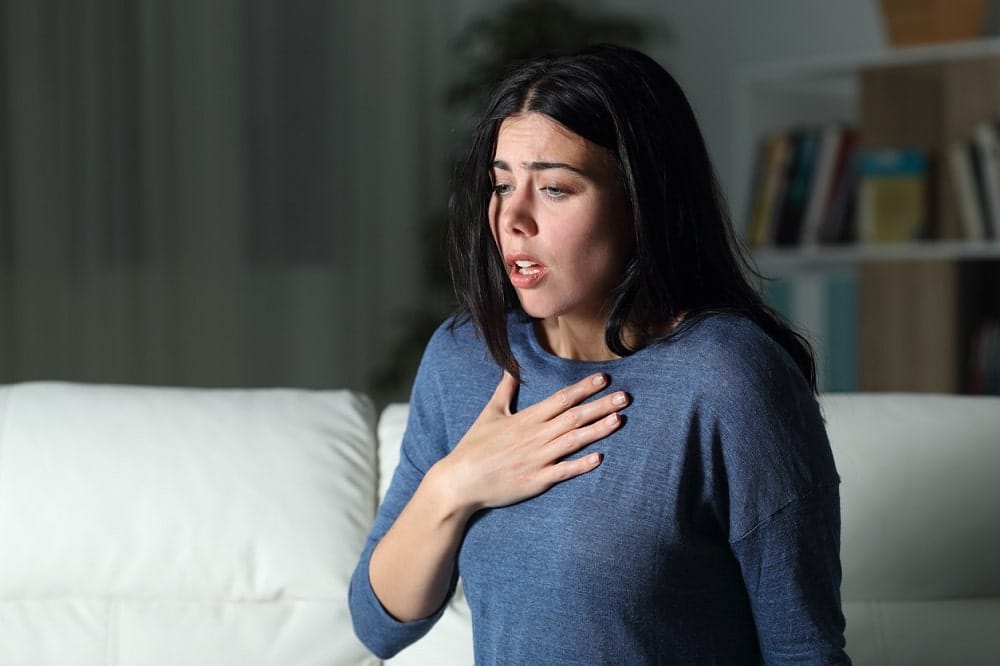
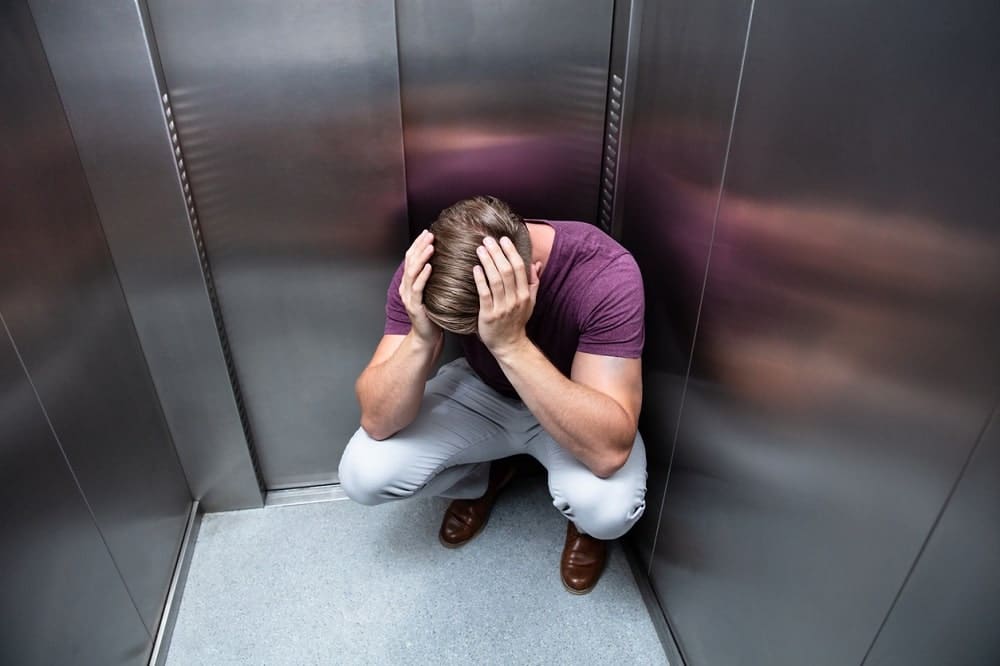
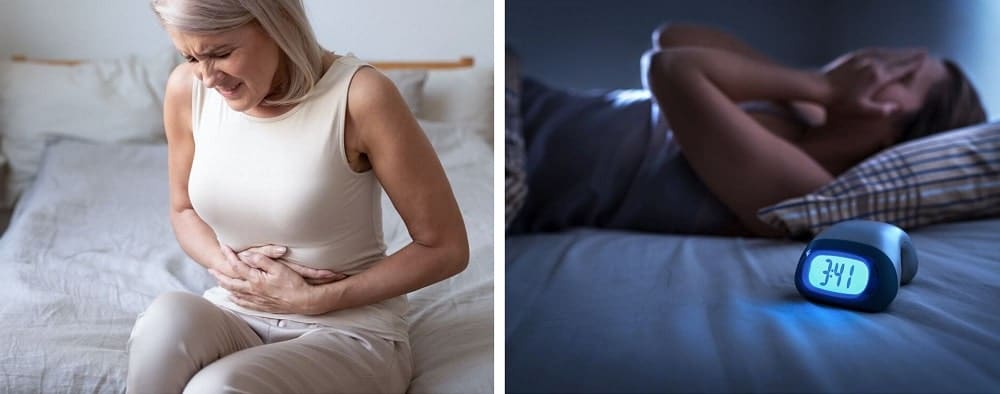
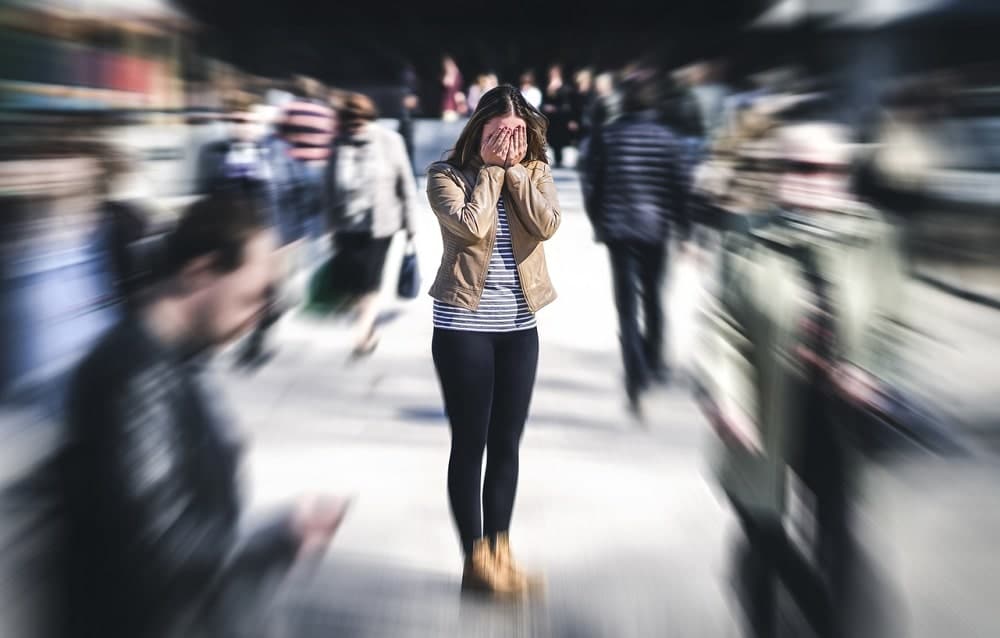
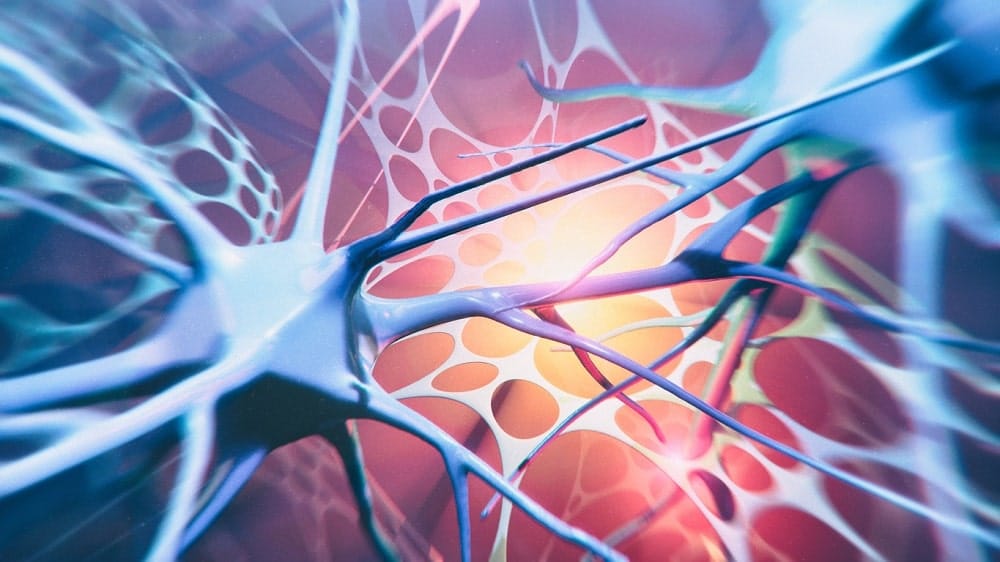

No Comments
Sorry, the comment form is closed at this time.